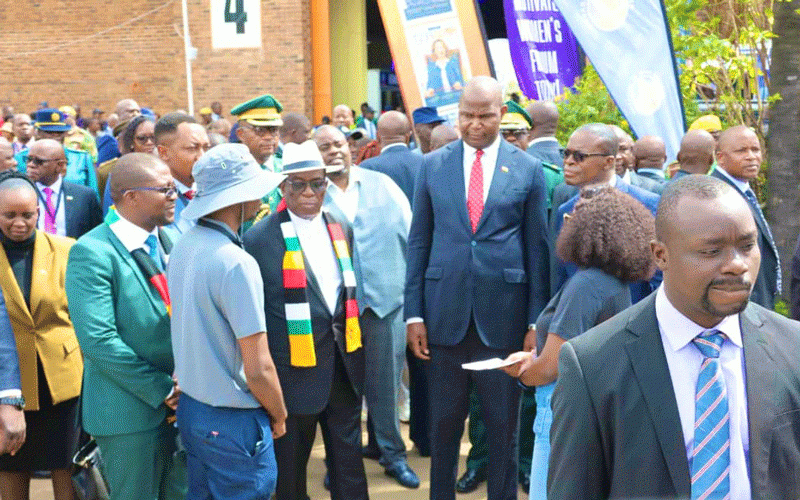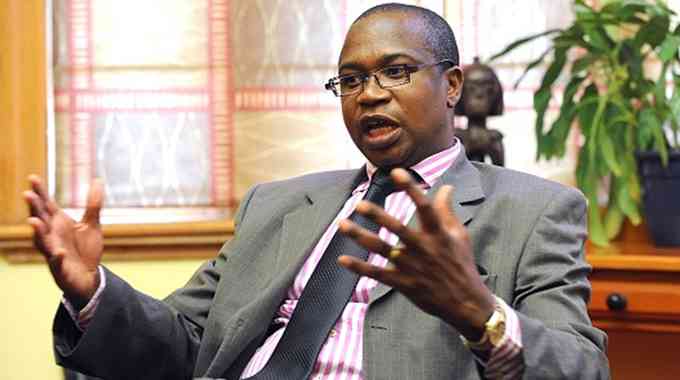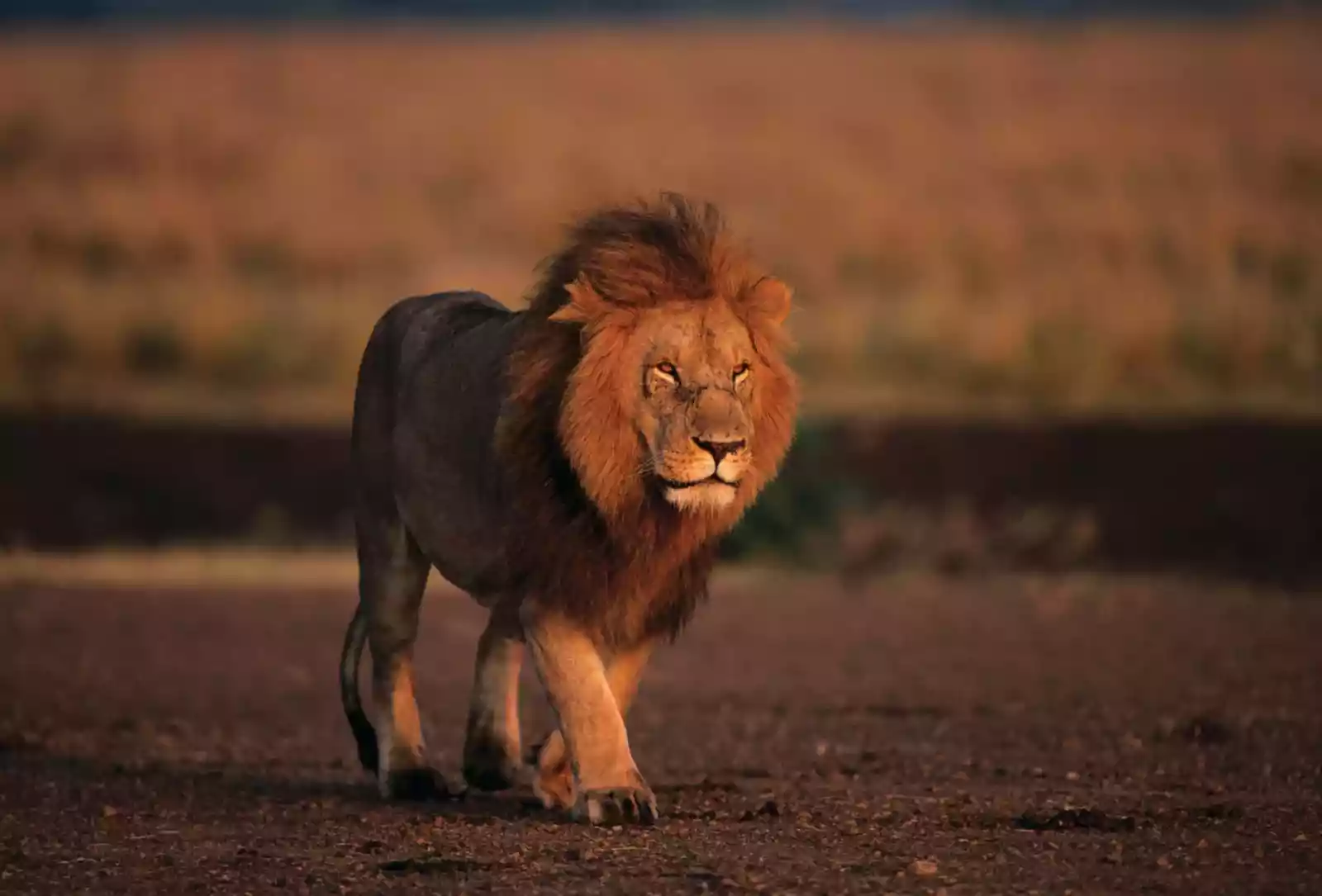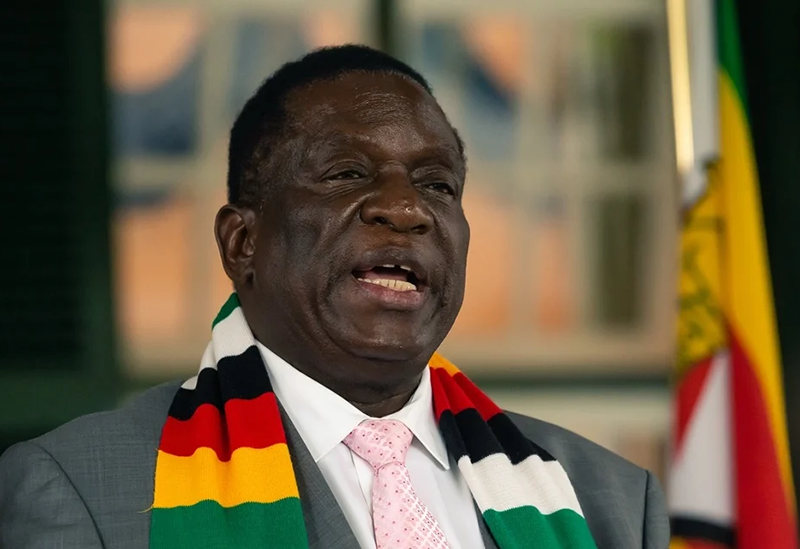HOURS after Zimbabwe’s presidential results were announced just before midnight on Saturday night, an uncharacteristically biting cold and windy weather tore through the country’s second largest city, Bulawayo.
The city’s residents woke up yesterday to an unusual late August morning of strong and very cold north-westerly winds which forced them to fish out warm clothes they had long discarded when summer season temperatures started to peak in the past few weeks.
The gloomy weather strangely mirrored the general gloom among Bulawayo residents who were digesting the election outcome which gave incumbent Emmerson Mnangagwa a 52% win over his opponent Nelson Chamisa who polled 44% according to the Zimbabwe Electoral Commission.
Chamisa’s party refused to sign the results and issued a statement saying it would advise the nation in 24 hours on the way forward.
Later, Chamisa tweeted: “I know you are anxious. I will give my address soon. Never lose hope. Don’t give up. You did your best. You sacrificed all. It’s not in vain. They stole your voice and vote, but never your hope. It’s a blatant and gigantic fraud. Our God is faithful. There shall be freedom and justice in Zimbabwe.”
Coming on a Sunday when most Zimbabweans go to church, it remains to be seen what effect Chamisa’s message of hope would have on the people of Bulawayo, where many seem to be considering to emigrate in frustration having hoped that CCC would bring change for them.
Bulawayo overwhelmingly voted for both Chamisa and his CCC, to the point of rejecting the country’s Finance minister Mthuli Ncube, who was contesting for the Cowdray Park seat.
“I had hoped that Chamisa and CCC would win this election and do things differently, but I am afraid I have no choice now but to pack my bags and go back to Polokwane (in South Africa) where I was working before I came to vote,” said one motorists who, however, chose to remain anonymous.
Many residents have expressed similar sentiments citing tough times ahead for a city which has seen thousands of its residents migrating in the past two decades mainly to South Africa in search of greener pastures.





